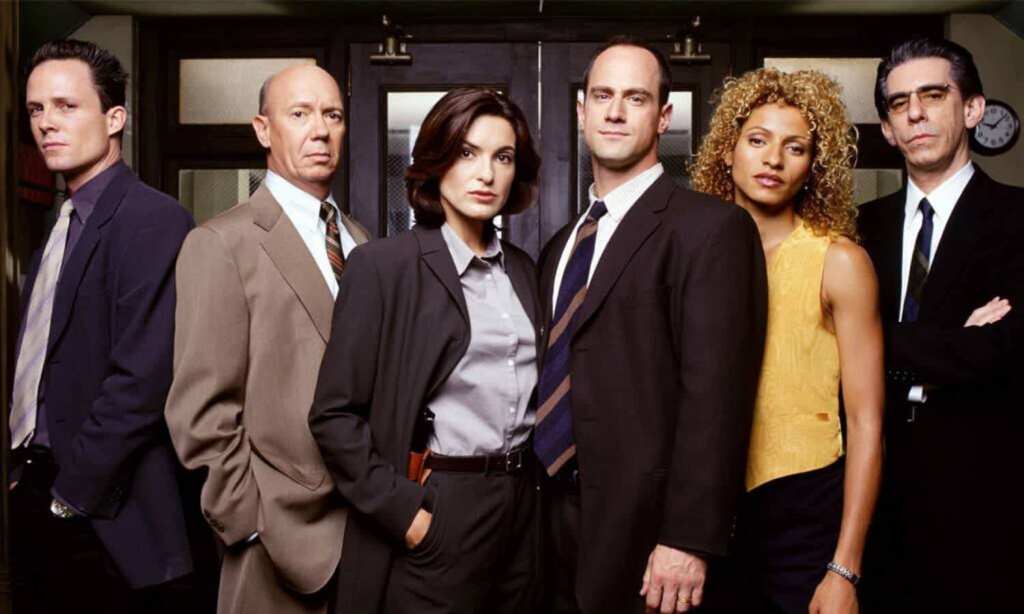As the riots in the United States continue over the death of 46-year-old George Floyd, the unfolding events have forced the world to stop and acknoweldge the fact that white people have a lot more work to do when it comes to combating racism.
When it comes to media and entertainment, stories are often told from the view of white privilege — and as media outlet Vulture points out, this is particularly the case when it comes to ‘cop shows’.
In fact, the story of George Floyd, which is sparking political protests around the globe, is one that could be seen on any TV series, depicting the cops as heroes, over the so-called “criminals”.
Floyd’s death has now been ruled a homicide by the Hennepin County medical examiner, who found he died from a loss of blood flow due to compression on his neck while being restrained.
Former police officer Derek Chauvin, has now been arrested for third-degree murder, put his left knee between Floyd’s neck and head as he pleaded saying: “I can’t breathe. Please, please, please.”
The prosecutor’s report said that Chauvin kept his knee in place for eight minutes and 46 seconds, resulting in Floyd’s death by a police officer.
Vulture makes a very valid point when it comes to its dissection of the police procedural. According to the outlet, in the US on Saturday, May 31 at 8 pm, while “CNN, MSNBC, and FOX News were airing live coverage of the nationwide protests against police violence”, cable networks were simultaneously airing NCIS: New Orleans, Criminal Minds, Blue Bloods, Law & Order: SVU, Chicago PD and CSI.
While different in their storytelling, each one has the same fundamental principle. Police officers are always the protagonists.
The outlet stresses that TV has always held a long-standing police’s eye view, “prioritizing the victories and struggles of police over communities being policed. Order, a police imposed status quo, is good; disruption is bad.”
Writer says that even though there is a multitude of reasons as to why a policeman’s view has become the “default”, it benefits those in power and shows, in their eyes, “who deserves attention, and whose perspective counts the most”.
Of course, there are some exceptions to the rule, as Vulture pointed out. Orange Is the New Black was radical in its approach to showing inmates as the heroes of the story and often shed light on the mistreatment of inmates shown by the guards.
Prison Break, focused mostly on inmate stories as does 1990s bleak-prison series, Oz.
But for three television shows, there are at least ten more procedurals and each story centres on the “ramifications of putting cops at the centre of the story”.
As VanArendonk points out, every week, the series “churns” through a new crime to solve, new victims, suspects and ultimately, law and order is restored. And the characters who stay put? The cops.
It’s their stories that we focus on, and in turn, put value on.
“The communities they police are disposable, and at the end of each episode, they’re promptly disposed of,” she writes.
Sometimes, they may scratch the surface on a “dirty cop” but these shows always seem to “diminish the threat and shock of actual police violence.”
So, what can the entertainment industry do better? A start could be to rethink the stories it tells, the TV shows and films it platforms across mainstream media, the way it tells those stories, and the representation within them.







